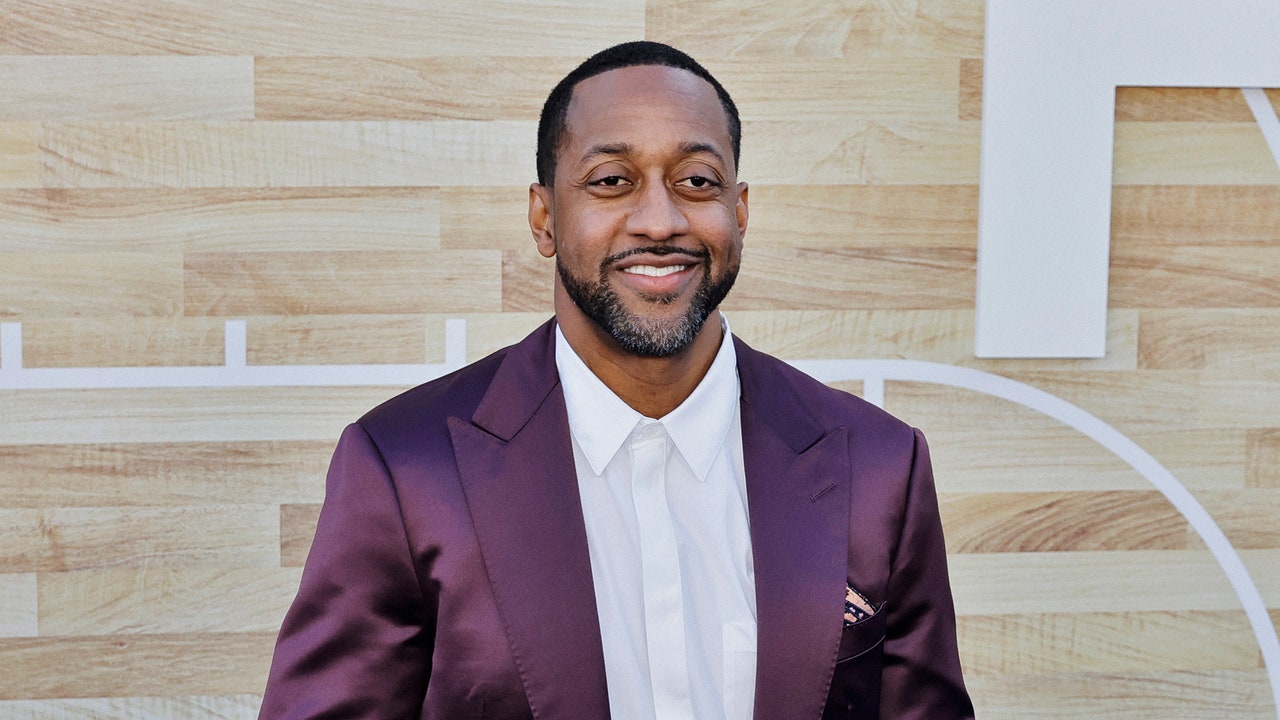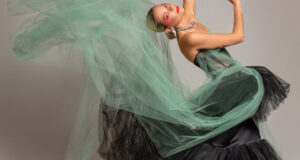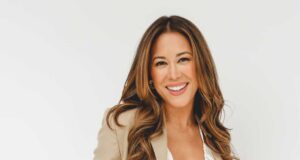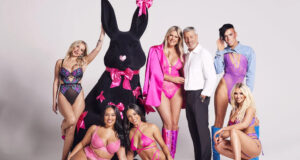
Early on in his new memoir, Jaleel White informs his readers that he also wants you to see the book as a proposal for a TV show. It’s been about 35 years since White first put on a pair of high-waters overly reliant on suspenders, and entered into sitcom history as Steve Urkel, the antihero of beloved sitcom Family Matters. But in Growing Up Urkel (Simon & Schuster), White, 47, is less interested in outlandish plots à la the TGIF cornerstone and more interested in what he learned in the years he spent balancing child stardom with a relatively normal life.
White spoke to Vanity Fair about how Steve Urkel—and his cool alter ego, Stefan Urquelle—captured a generation and how his parents kept him grounded throughout it all. “My mom was a hover mom,” he explained. “That’s how I was protected in that particular way. Her instinct was always to just keep me in a child’s place and keep me on path to going to college.”
Though the show went off the air in 1998, White has been working as an actor ever since. Still, one of the jumping-off points for his essays on various aspects of his years in the business is the sense that he didn’t navigate the transition to adulthood as well as he might have hoped. In the book he talks about the role he didn’t get, opposite Claire Danes, because he wasn’t edgy enough, and he lays out his complicated relationship with Bill Cosby. For years, White labored to make a cartoon based on the Brown Hornet, a side character in Cosby’s Fat Albert universe, but was never able to make it happen, for reasons he elaborates here.
Vanity Fair: I’ve been rewatching the early seasons of Family Matters, and you were such an incredible physical comedian. How did you get so good at that so young?
Jaleel White: For one, in order to be a good physical comedian, you’re going to have to be rather coordinated. So, lucky in that I’m more on the coordinated side. But you also have to have good teachers. Rich Correll, who was our primary director at that time, had a love for physical comedy, and he saw that I could do it right off the bat. He taught me how to hit doors with my foot and snap my head back at the same time so I could make the sound. Then, nobody realizes that it was coming from my foot and not my head. I was a student of TV before I even started doing the show, so I was aware of characters like Jack Tripper and obviously anything that Jerry Lewis had done. Incorporating that into the character was encouraged by the writing staff, it was taught by our directors, and it just happened to be in my DNA.
That style is totally gone now. It started with Funniest Home Videos stuff, and then it evolved to what we can see on social media. Now fails—and I mean real fails, hard fails—are so commonplace for you now to see in social media and, how can you expect performers to duplicate that with that level of realism? Mainstream television has gone completely away from family television or broad comedy, as they call it, so there’s nobody of any merit who would do that to further their career.
The nerdy Black guy has been a huge part of Black culture forever, but Urkel was the first time that portrayal made it over to the mainstream. Why do you think he resonated so much?
Well, first of all, you’re definitely circling what I’m going to say. Black offerings on television for too long have been treated monolithic, as if there’s really only one authentic black story to tell. By pure accident—and by TV development failure—Steve Urkel was born, and I always considered that character an unexpected bridge between a predominantly white writer’s room and an all-Black cast.
If you really look at it, that’s exactly what he served as. Steve loved cheese and polka and the accordion. He could ramble off any number of facts and had a vast treasure trove of knowledge of the random kind. For a mostly white writing staff, it was a dream come true to be able to write towards that. I found a way to just make it soulful and sell it. At its core, it was Steve’s kindness and his self-assuredness that actually brought comfort to a lot of people who were feeling awkward growing up in the nineties as well.




